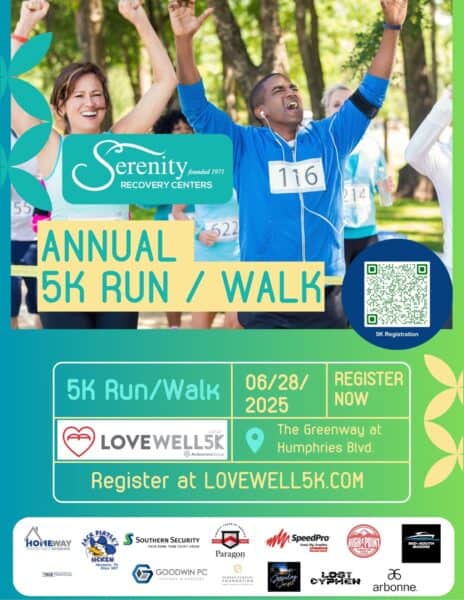It’s no secret that there is a strong connection between addiction and depression. Addiction can lead to depression, and depression can lead to addiction.
Both addiction and depression share common risk factors, such as changes in brain chemistry. Self-medicating with drugs or alcohol can quickly spiral into a full-blown addiction.
Relationship Between Depression and Addiction
Depression is a common mental health disorder that can profoundly affect every aspect of an individual’s life. According to the National Institute of Mental Health, more than 16 million adults in the United States suffer from depression in any given year.
Depression is characterized by a persistent feeling of sadness or loss of interest in activities that were once enjoyed. It can also lead to physical symptoms such as fatigue, changes in appetite, and insomnia. Depression can make it difficult to focus at work or school, maintain relationships, and enjoy hobbies and activities.
When left untreated, depression can increase the risk of developing an addiction. People who suffer from depression are more likely to self-medicate with drugs or alcohol in an attempt to cope with their feelings of sadness and hopelessness. In the process, addiction creeps in.
Addiction is a disease that can take over your life if you let it. Addiction is characterized by compulsive behaviors, including using a substance despite negative consequences.
Both depression and addiction can be difficult to deal with, but it’s important to remember that you are not alone. There are many resources available to help you get through these challenges. With the right help, it is possible to overcome both depression and addiction and live a happy, healthy life.
Common Therapy Types Used for Depression and Addiction
Behavioral therapy is an effective treatment for depression and addiction disorders. Behavioral therapy can be offered in a group or individual setting, including:
- Cognitive behavioral therapy: This therapy focuses on identifying and changing negative thought patterns in order to improve mood and behavior.
- Dialectical behavioral therapy: This therapy combines cognitive behavioral techniques with mindfulness in order to help patients accept themselves and their circumstances.
- Motivational interviewing: This therapy helps patients build and strengthen their commitment to change.
Final Verdict
As you can see, there’s a strong correlation between depression and addiction. If you or someone you know is struggling with either of these, don’t hesitate to seek professional help. Remember, there is always hope for recovery.
Need Help
Are you or a loved one struggling with alcohol or other drugs? Call us to speak confidentially with a recovery expert now: (901) 521-1131 or visit our website sere
